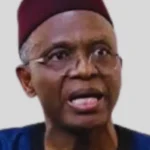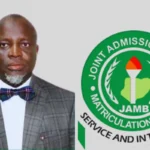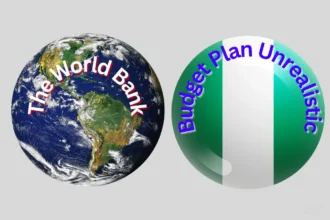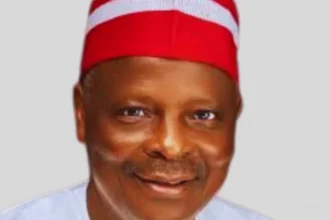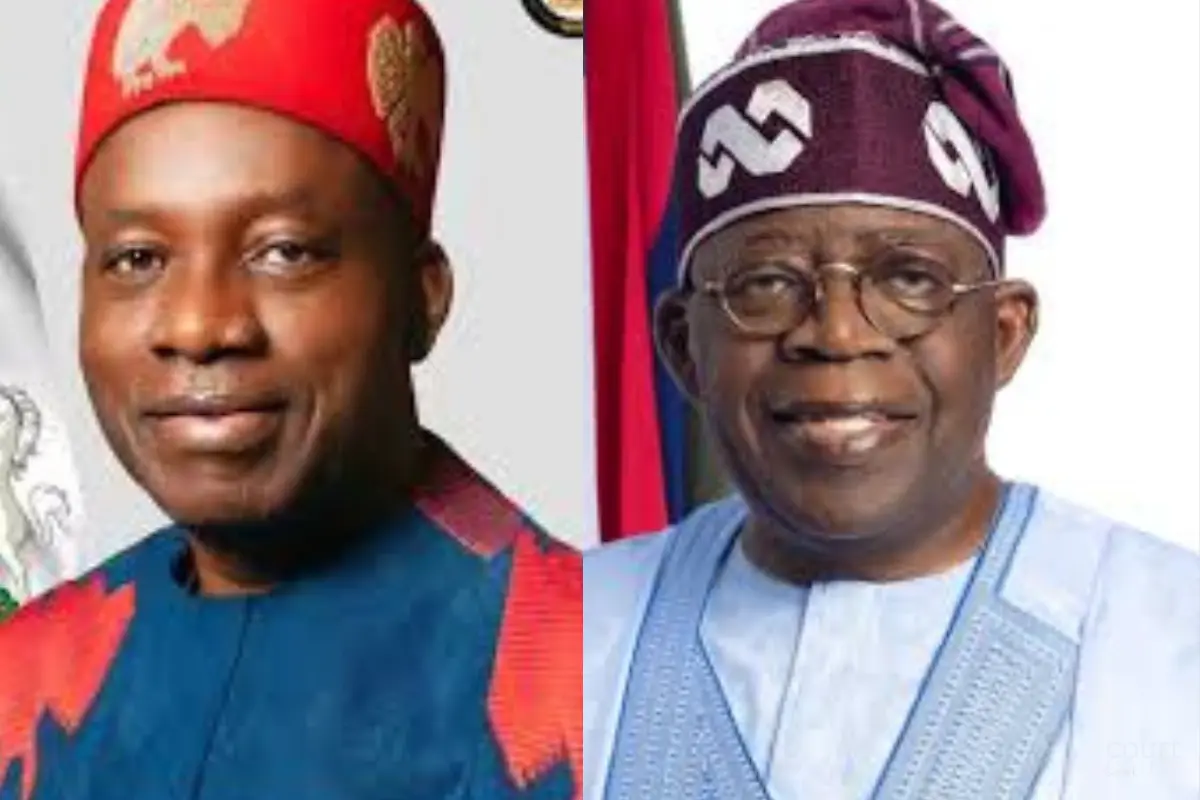Despite earlier promises of fiscal responsibility, President Tinubu’s administration has continued to rely heavily on borrowing, raising concerns about Nigerias long term economic stability. Critics argue that while these funds are supposedly earmarked for projects like the much-publicized coastal road, existing infrastructure remains neglected. Roads critical to the nation’s economy are riddled with potholes, further hindering trade and transportation efficiency.
The removal of the fuel subsidy, which was intended to save billions and ease the fiscal burden, has failed to curb the government’s appetite for loans. Instead, the country’s debt profile continues to rise, leaving citizens to wonder where the savings from subsidy removal are being channeled.
In addition to borrowing, the government has introduced several policies that many perceive as punitive to ordinary Nigerians. Banks have been instructed to charge customers additional fees for transactions, further straining already stretched finances. Electricity tariffs have also been increased, compounding the rising cost of living for households and businesses alike.
These financial burdens have sparked outrage, particularly as reports emerge of extravagant spending by the administration. Allegations of Tinubu purchasing luxury yachts and presidential jets, as well as the construction of a ₦21 billion mansion for Vice President Kashim Shettima, have fueled public anger. For many, these expenditures symbolize a disconnect between the government’s promises of austerity and its actual spending habits.
The disconnect between policy and reality is glaring. While citizens are told to tighten their belts, the government’s actions suggest a different set of priorities. As one political analyst put it: “How can the government justify asking Nigerians to sacrifice while splurging on luxuries for themselves?”
These growing disparities have not only eroded trust in the government but have also further deepened the economic crisis. With businesses closing, unemployment rising, and inflation spiraling, many Nigerians are losing hope in the promise of better days under the Tinubu administration.
To salvage the situation, experts recommend an urgent review of economic policies. A focus on rebuilding trust with both citizens and investors is paramount. This includes halting wasteful expenditures, ensuring transparency in project funding, and prioritizing policies that ease the financial burden on citizens rather than exacerbating it.
As Nigeria stands at a crossroads, the need for bold and decisive leadership has never been more critical. The Tinubu administration must shift focus from rhetoric and lavish spending to addressing the real challenges facing the nation, or risk plunging the country further into economic despair.




